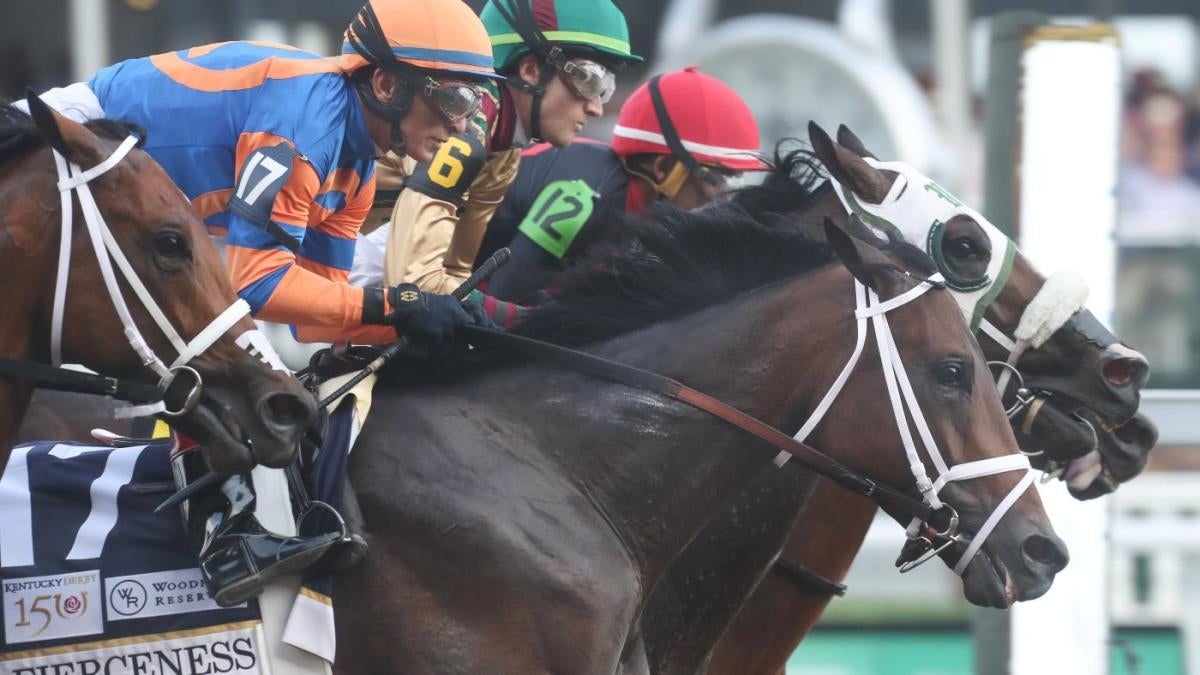Mike Repole, a prominent figure in the horse racing world known for his outspoken and unfiltered commentary, has once again stirred controversy ahead of the 2025 Breeders’ Cup Classic. The 56-year-old billionaire horse owner, who has recently taken to social media to criticize the sport’s leadership and institutions, is now focusing his ire on a longstanding practice in horse racing involving “rabbits.” These are horses entered in races not with the intention to win, but to set a fast early pace that benefits a stablemate who excels at closing strongly in the later stages of the race. Repole’s latest campaign aims to eliminate or reform this practice, which he argues undermines the integrity and safety of the sport.
Repole’s reputation as a blunt critic is well established. In the last two weeks alone, he has described the leadership of horse racing as “some of the worst in sports,” called the Breeders’ Cup schedulers “stupid people,” and referred to the Jockey Club as “a blueblood scam.” Known on X (formerly Twitter) as @repolestable, he embraces this role, branding himself as an unapologetic and unfiltered voice in a sport often criticized for being slow to change.
His latest cause centers around the upcoming Breeders’ Cup Classic, North America’s richest horse race with a $7 million purse. Repole’s horse, Fierceness, is the 5-2 morning-line favorite and is notable for having early speed—a valuable asset in any major race. Early speed allows a horse to take or contest the lead, which can be a strategic advantage. However, this advantage is now complicated by the presence of two entries from trainer Chad Brown: Sierra Leone and Contrary Thinking.
Sierra Leone is a legitimate contender, having won the Breeders’ Cup Classic last year and entering this year’s race as the co-second favorite at 7-2 odds. Contrary Thinking, on the other hand, is not a serious challenger for the title. The 5-year-old horse has a modest record with just two wins in seven career starts and has been beaten by large margins in recent races. His best achievement is an allowance win, which is a lower tier of horse racing competition. Despite this unimpressive record, Contrary Thinking’s primary role is strategic: to act as a “rabbit” by ensuring a fast early pace that could set up the race for Sierra Leone, who previously capitalized on a hot early pace to secure victory.
Chad Brown has openly acknowledged the tactical nature of entering Contrary Thinking. In an interview with Caton Bredar of FanDuel Racing, Brown explained that the horse’s presence is intended to help spread out the field early on, giving all runners a fair opportunity to position themselves without being bunched up. Brown also noted that if no other horse challenges Contrary Thinking early, the horse could still perform well on its own merits.
Repole strongly opposes this tactic. He has publicly urged the Breeders’ Cup organization and the Horseracing Integrity and Safety Authority to intervene, framing the use of rabbits as not just a matter of fairness but also a safety concern. He has called on the California Horse Racing Board to enforce its own regulations, which require horses to be entered with the genuine intention to win. On social media, Repole has repeatedly mocked Contrary Thinking, dubbing him an “emotional support rabbit” for Sierra Leone, highlighting how the practice undermines the spirit of true competition.
Despite Repole’s vocal opposition and attempts to rally support against the use of rabbits, his efforts have not succeeded in altering the entries. Contrary Thinking is set to run in the Classic alongside Sierra Leone and Fierceness, ensuring the race will feature the contested strategy. Repole’s campaign, however, has injected additional drama into the event, which had already seen a major setback with the scratching of Kentucky Derby winner Sovereignty due to a fever.
Repole views his outspoken stance as a service to the sport. “We are all fortunate I have a big, booming, loud voice,” he said, underscoring his role as a public advocate for change in a sport often resistant to reform. Whether or not his efforts will lead to lasting changes remains uncertain, but his crusade has certainly brought attention to an issue that has long been accepted but rarely challenged in horse racing.
In summary, Mike Repole’s latest controversy highlights the tensions within horse racing between tradition, strategy, and integrity. His critique

